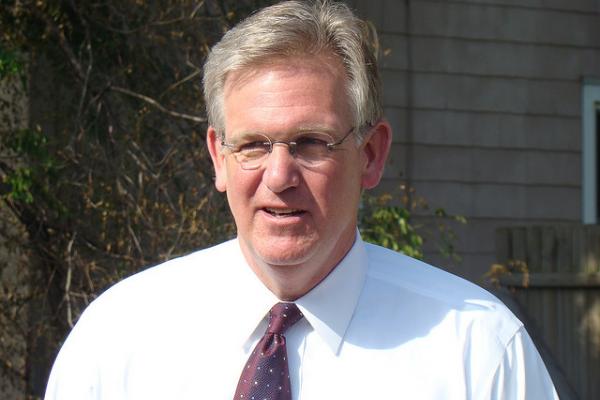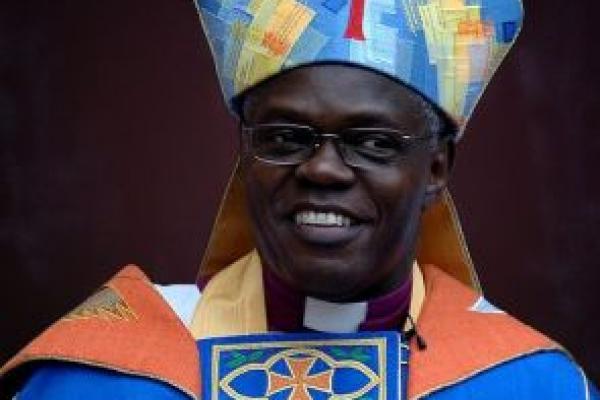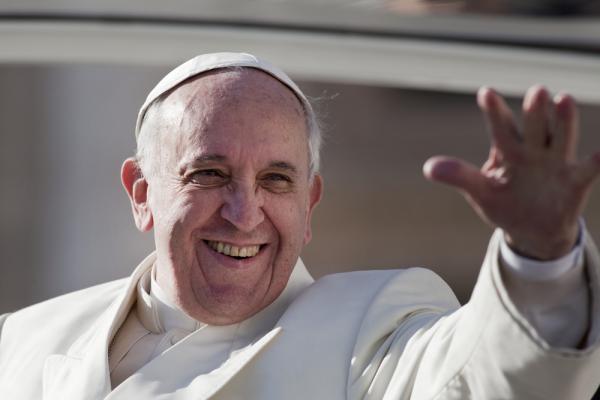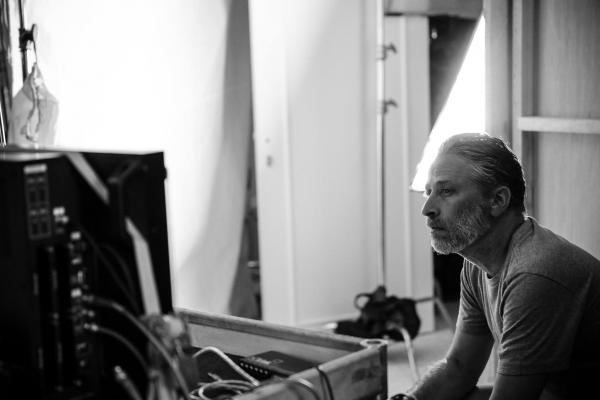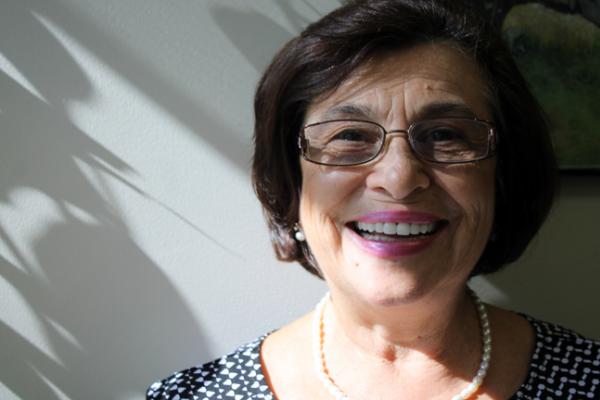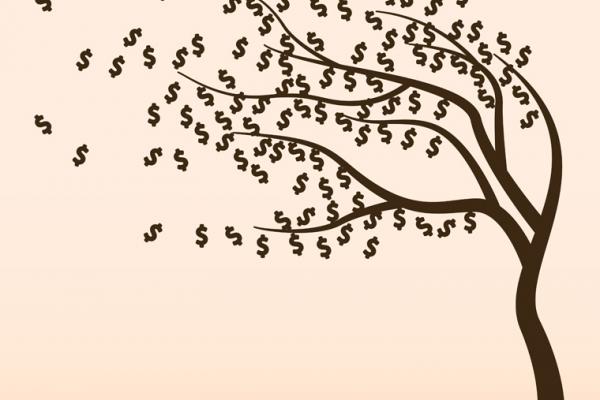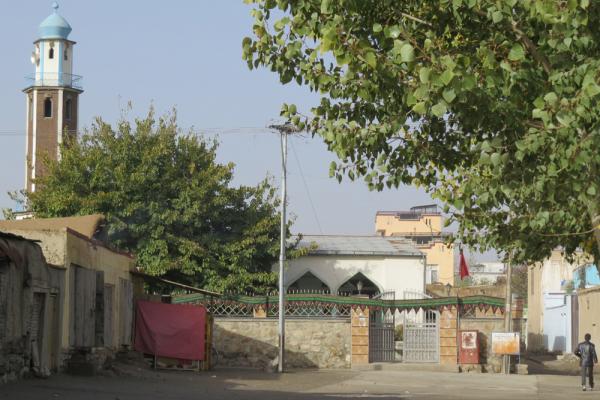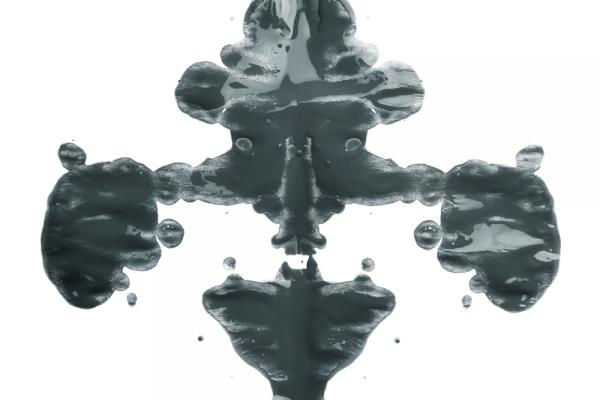Some friends of mine took their 3-year-old daughter to a Starbucks coffee shop for the first time. “Mommy,” she asked, “are we in church?” Given the way some of us love coffee I suppose one answer might have been, “Yes, dear, I guess we are in a place of worship.” But the larger question for me is, “have we so accommodated a culture of materialism and consumption that we have lost the heart of the gospel?”
The gospel ought to consume us; instead we have turned it into a consumable.
I believe the good news about the reign of Christ over the all creation, the invitation to love our enemies, the vision of communities beating their weapons into agricultural implements, has been turned into a product. For many the gospel has been reduced to a privatized salvific experience purchased through a ministry outlet mall – the church dressed up like a coffee shop selling cups of Pumpkin Spice Savior.
The original Great Commission was issued in Genesis 1:28: “Be fruitful and multiply, and fill the earth and subdue it; and have dominion over the fish of the sea and over the birds of the air and over every living thing that moves upon the earth." In this was an invitation for the creatures that had been made in God’s image to steward all life. Instead of “fill the earth,” the King James Version says, “replenish the earth.” In fact the Hebrew word for fill, mala, is just as easily translated “fulfill” or even “satisfy.” There is something about our place in the cosmos that satisfies the earth like nothing else. As God’s vice regents, we were designed to govern ourselves and our planet with the wisdom, grace, and creativity of the Maker of All Things.
Missouri Gov. Jay Nixon signed an executive action this afternoon declaring a state of emergency in Missouri and activating the National Guard to respond to “any period of unrest that might occur following the grand jury’s decision concerning the investigation into the death of Michael Brown.”
Twenty years after women were ordained as priests, the Church of England is set to appoint its first woman bishop by year’s end or at the start of 2015.
On Nov. 17, the church’s two most senior leaders, Archbishop of Canterbury Justin Welby and Archbishop of York John Sentamu, signed the change into church, or canon, law after asking the General Synod, made up of bishops, clergy and laity, to signal their approval by a show of hands.
The shattering of what’s called “the Church of England’s stained-glass window” marks the culmination of years of campaigning for reform.
In July, the synod, voted overwhelmingly in favor of legislation to create women bishops.
Hilary Cotton, chairwoman of Women and the Church, an advocacy organization, told reporters she is now hopeful the reform will lead to “changing the culture of the church.”
U.S.–born Christian Rees, a member of the synod’s House of Laity, said the Nov. 17 ceremony would change the public perception that the Church of England has “a problem with women.”
Mayor Michael Nutter announced the news Nov. 17, after the Vatican officially confirmed what has been rumored for months — that Pope Francis will visit the city in September 2015 for the eighth World Meeting of Families.
When Jon Stewart took a hiatus from The Daily Show a little over a year ago to film Rosewater, I’ll admit, I, along with other loyal viewers, was intrigued but skeptical. I was already aware of the story of Maziar Bahari, an Iranian-born journalist for Newsweek who’d been imprisoned and tortured by Iranian officials for nearly four months, detained in part because he’d sat for an interview with The Daily Show’s Jason Jones. But the rumors circulating that the film (based on Bahari’s memoir) would be partly comedic seemed … risky. Far be it from me to question Stewart’s satirical prowess, but films about political prisoners rarely leave room for laughter.
But of course, nobody needed to worry. Stewart’s penchant for pointing out the absurd is what makes Rosewater unique among films of its kind. Where movies like Hunger focus on the brutality of imprisonment (and rightly so), Rosewater’s goal is different. It sets out to explore the personality of people like Bahari’s jailers, the Kafkaesque nature of life in Iran under Mahmoud Ahmadinejad, and the creativity it takes to survive in such a setting.
In the film, Bahari (Gael Garcia Bernal) leaves London, and his pregnant wife, to cover Iran’s controversial 2009 presidential election. He meets and interviews Iranians working for Ahmadinejad’s campaign, as well as those subverting the system and working for change — one scene has Bahari led up to an apartment roof covered with contraband satellite dishes. When there are accusations of fraud after the elections, followed by widespread protests, Bahari is arrested as a foreign spy. He’s held in solitary confinement, and interrogated and tortured by a man known only as Rosewater (so named for the smell of his perfume).
While there are scenes of physical torture onscreen, the film doesn’t show them in graphic detail — to the point where it almost feels that Stewart isn’t going as deep with the subject matter as he could have. But it does something instead that feels far more important.
Currently, 78 nations worldwide criminalize same-sex relations; of those, seven may impose the death penalty for consensual same-sex conduct, according to ORAM. In Uganda, for instance, where there has been capital punishment for homosexual activity in the past, homosexuality currently is considered a criminal act punishable by a 14-year prison sentence.
At a recent JFCS-East Bay staff meeting, Weiss, director of refugee and immigrant services, recounted the story of a recent LGBT refugee arrival that brought many staff members to tears.
"One person who I had the honor to pick up at the airport and witness his experience and his mind was blown," Weiss began. "He went from having nothing — nobody to help him, in fear for his life, 23 years old (my daughter’s age) — having to flee barefoot, climb over a fence, escape prison, run for his life, police find him at his cousin’s house, re-arrest him … the story is just incredible. Multiple times fleeing on foot with no money, no water. Being in a refugee camp. Being beat up by a group of Somali men in the refugee camp that was supposed to be his refuge.
"Being physically and of course emotionally traumatized. And then getting on a plane — not knowing where he was going until he’s about to travel and then finding out he’s going to San Francisco," she continued. "On the way to the airport, we had this wonderful Iraqi LGBT volunteer who came five years ago as a refugee himself and he says to me, five minutes before the [new] guy arrives, ‘I’m five years old; I was born when I came down that escalator five years ago and this guy is about to be born.
"And down the escalator comes this jet black African guy who is obviously very gay — in the way you can tell by his escalator ride," she said, drawing knowing laughter from the staff, some of whom are LGBT themselves. "He couldn’t hide it. That’s why his life was in danger. On the way back from the airport, our volunteer says that after we drop him off, he’s going to The Castro, and [the new guy] says, ‘Can I come with you?!’
"It’s really just remarkable to witness his journey from hell to heaven," Weiss said.
If Quaker antislavery activist John Woolman were alive today, he would probably be doing everything in his power to resist the fossil fuel industries destabilizing our climate.
Woolman, who in the mid-1700s refused to cooperate with any aspect of the slave trade, would probably divest any ownership interest he had in big oil, gas, and coal companies. To profit financially from corporations that are destroying the planet would be unconscionable.
The divestment movement received a tremendous boost the day after 400,000 people took to the streets of New York City for the People’s Climate March. In advance of the United Nations Climate Summit on Sept. 22, the Rockefeller Brothers Fund — an $860 million foundation built on the oil fortune of John D. Rockefeller — announced its commitment to divest its holdings of fossil fuels.
This was the latest wave in a series of Divest-Invest announcements including the launch of Divest-Invest Individual, which facilitates a meaningful role for individuals in the divestment and reinvestment movements. More than 700 inaugural investors – with investments totaling $2.6 billion – announced their intention to divest from fossil fuel industries and reinvest in clean, renewable energy. Hundreds of individuals have since taken the pledge to stop new investments in fossil fuels and divest from the top 200 carbon-holding companies within five years.
“The destruction of the earth’s environment is the human rights challenge of our time,” said South African Archbishop Desmond Tutu in a video-taped message to the UN Climate Summit. He called on world leaders to freeze further exploration for new fossil fuel sources. “Divest from fossil fuels and invest in a clean energy future. Move your money out of the problem and into solutions.”
I believe in love. I don’t subscribe to any particular religion.
Feroz, a Hazara who is a Shia Muslim, lived with me in a community in Kabul with 13 other Afghan Peace Volunteers, including Tajiks and Pashtuns, who are Sunnis.
This is a community established with the intention of learning about and practicing nonviolence, a little like an Afghan version of Gandhi’s ashram.
One day, there were black faces and a curt exchange of words.
“What meaning does praying with the little piece of stone have anyway?” Bashir, a Tajik, who is a Sunni Muslim, snapped at Feroz, a Hazara, who is a Shia Muslim.
“Why should that bother you? It’s important to us. Your way of praying isn’t particularly good either, praying with your hands ‘closed,’” Feroz retorted. Shia Muslims like Feroz pray with their hands and arms in an ‘open’ posture, and till today, some Shia and Sunni religious leaders make an issue of it.
The ways we reach out to God should be happy endeavors, but these ways can become bones of contention, especially if they’re deemed to be special or exclusive paths to God.
What do you see when you look at this picture?
In essence, that is the question St. Louis Prosecuting Attorney Robert McCulloch asked the grand jury to determine in his case against Officer Darren Wilson, who shot and killed unarmed 18-year-old Michael Brown on Aug. 9 in Ferguson, Mo.
According to an early report in TIME, McCulloch made an unusual move: He did not specify a specific charge for Wilson.
In a recent phone interview, Denise Lieberman, co-chair of the Don’t Shoot Coalition and senior attorney for the Advancement Project, explained to me: “Grand jury proceedings occur in private, so we don’t know exactly what’s been said … However, we’ve been told that the prosecutor is not making a recommendation to the jury about whether to indict and what charges … That is fairly unusual, if in fact that is true.”
Rather than specifying charges, two senior attorneys in his office are presenting all the evidence as it becomes available and letting the grand jury decide what charge(s), if any, that evidence warrants. McCulloch’s office claimed this process is fair because the grand jury, which is representative of the community of St. Louis, is able to see all of the evidence and then offer its decision.
According to Ed Magee, a spokesperson from McCulloch’s office, grand juries usually only review a few pieces of evidence. “Normally they hear from a detective or a main witness or two. That’s it,” Magee said in an early September interview with the Washington Post.
By presenting all the evidence to laypeople, reportedly without legal interpretation, McCulloch is basically raising a proverbial Rorschach to the grand jury and saying, “see what you see.” That is not a passive act in a society where 75 percent of people tested display some measure of unconscious racial bias.
I love Thanksgiving.
I love the food, the fellowship, the friends and family, the football, and did I mention that I love the food. Unashamedly it might very well be my favorite holiday. Yet, despite all my warm feelings about Thanksgiving, I am not blind to its historical shortcomings.
As Jane Kamensky says, “…holidays say much less about who we really were in some specific Then, than about who we want to be in an ever changing Now.” I think she’s right about this. In so many cases, our national celebrations and observances are mere expressions of our collective aspirations and not our actuality. One clear example of this is the history and practice of the Thanksgiving holiday.
As it goes, every year people throughout this nation gather for a commemorative feast of sorts where we give praises to God for the individual and collective blessings bestowed upon us. This tradition goes back to the 17th century when the New England colonists, also known as pilgrims, celebrated their first harvest in the New World.
On the surface, this seems harmless enough but a closer reading of history tells a more dubious story.

